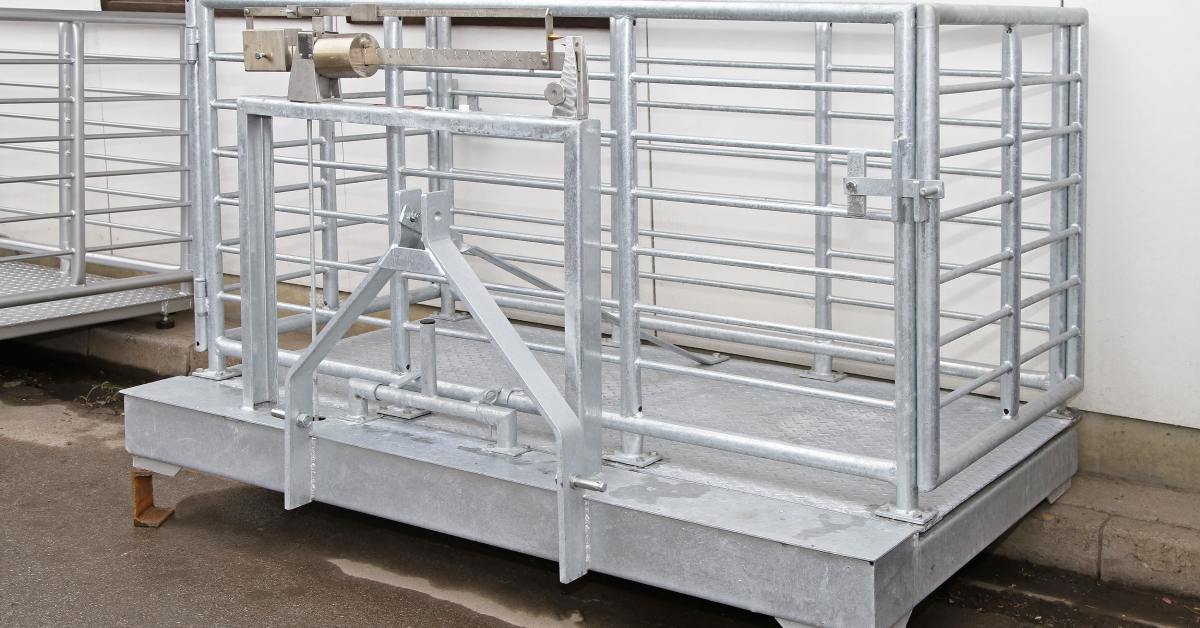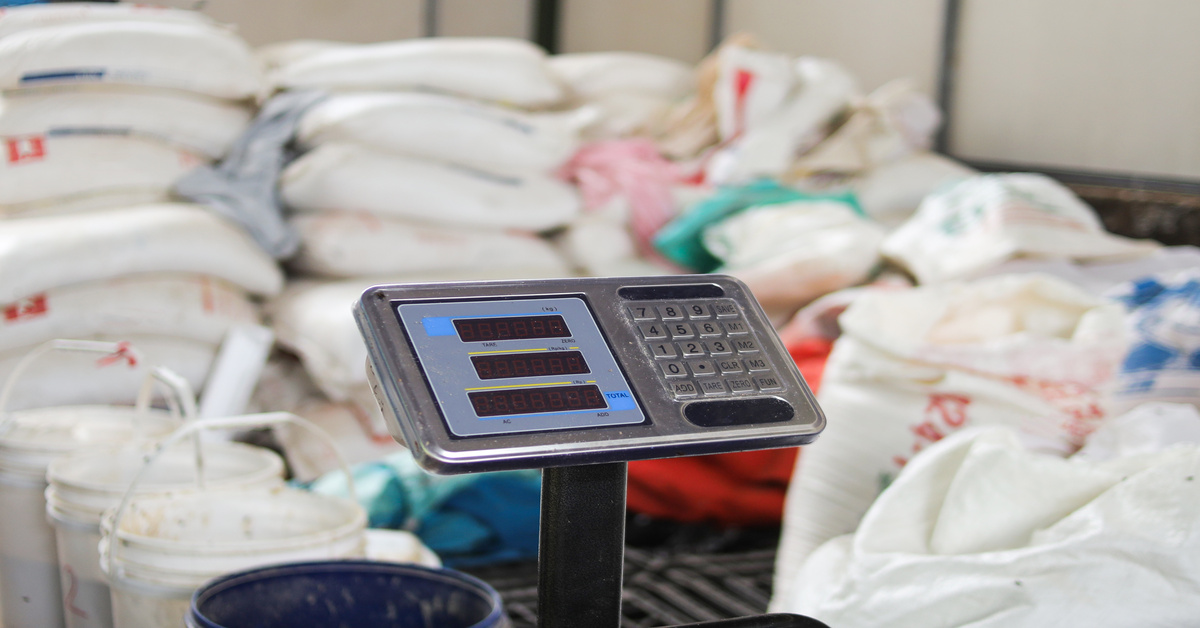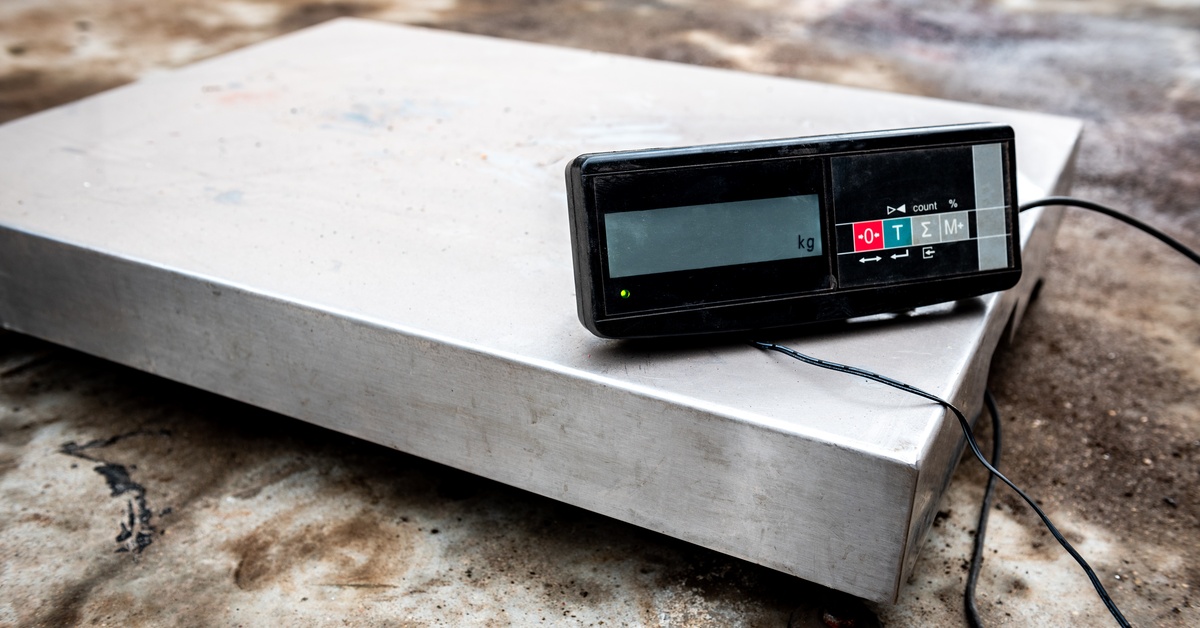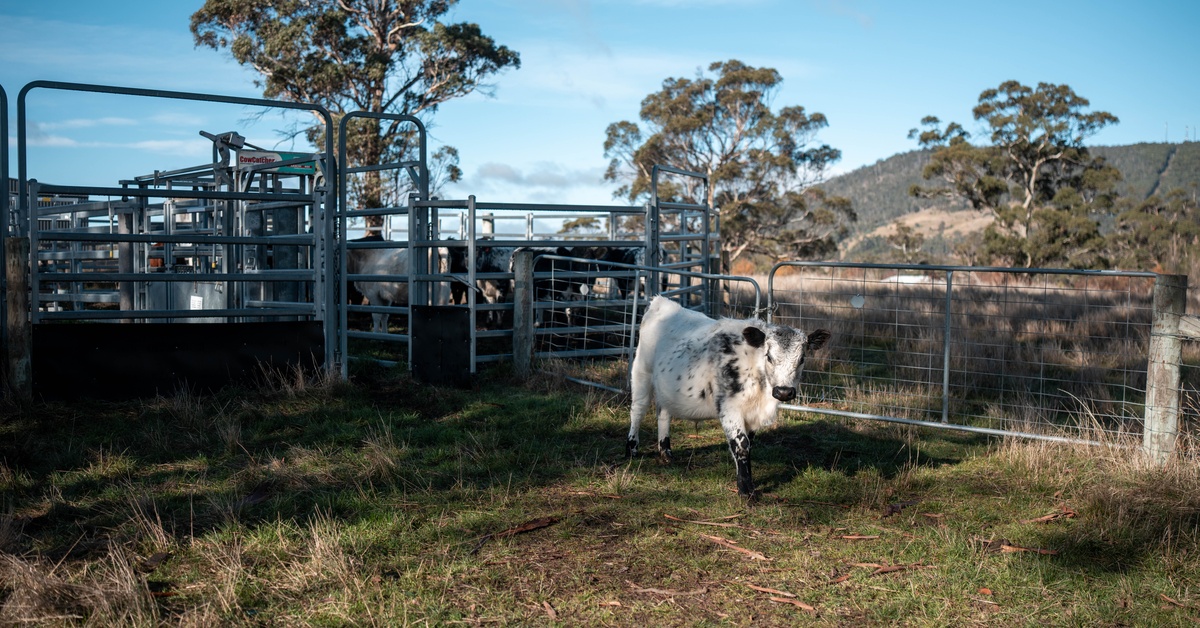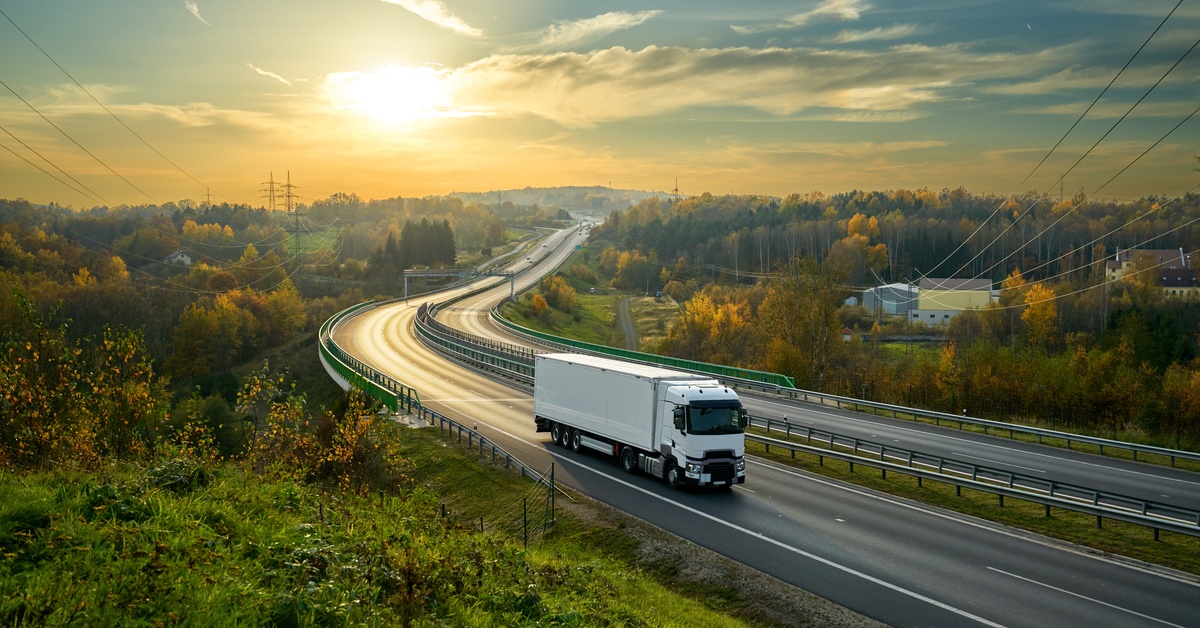Keep livestock scales dirt-free to ensure accurate weights, longer equipment life, safer handling, and reliable performance across daily farm operations.
4 Corrosion-Resistant Coatings for Platform Scales
Platform scales play an important role in many industrial applications. But without proper care and treatment, they fail to do even the simplest of tasks.
Why Analytical Balance Is Important for Vet Scales
Accurate weighing is vital for animal health. Discover why analytical balance and precision are essential for veterinary care, medicine dosing, and safety.
Why Washing Down Warehouse Scales Is Important
Dirty scales can lead to inaccurate weights and damaged equipment. Keeping them clean is an easy way to avoid costly problems in your warehouse.
Overload Protection Mechanisms in Industrial Crane Scales
Learn how overload protection mechanisms like alarms, mechanical stops, and automatic shutdowns keep your crane scale operations safe and prevent damage.
Concrete vs. Steel Deck Truck Scale Durability
Choosing between concrete and steel deck truck scale durability affects your operation’s long-term costs, maintenance schedule, and weighing accuracy. Both materials handle heavy loads, yet each brings distinct advantages and trade-offs worth examining before you commit to a purchase. What Makes Concrete Truck Scales Stand…
Livestock Scale Data Integration: Bluetooth Herd Management
Ranchers and farmers have long understood the importance of monitoring livestock weight, as healthy weight gain is a key indicator of overall herd health and market readiness. However, traditional methods often involve manual recordkeeping, which is time-consuming and prone to human error. Modern technology now…
6 Industries That Benefit From Axle Scales
Axle scales have become essential tools across numerous industries that prioritize weight compliance and load management. These precise instruments help businesses maintain safety standards, avoid costly fines, and optimize operations. Let’s explore the key industries that rely on axle scales for their daily operations and…
5 Reasons Having a Certified Pallet Jack Scale Matters
In busy industrial environments, speed and accuracy need to go hand in hand. A certified pallet jack scale ensures precise weighing, compliance with regulations, and faster workflows. If you work in a warehouse or factory, keep reading to learn more reasons why having a certified…
6 Crane Scale Maintenance Tips and Tricks
When weighing heavy loads, crane scales provide accurate measurements and promote safe lifting practices. Regular maintenance is an essential component of keeping these precision instruments working their best. Ignoring upkeep can lead to inaccurate readings, equipment failure, or even safety hazards. Utilize the following tips…
